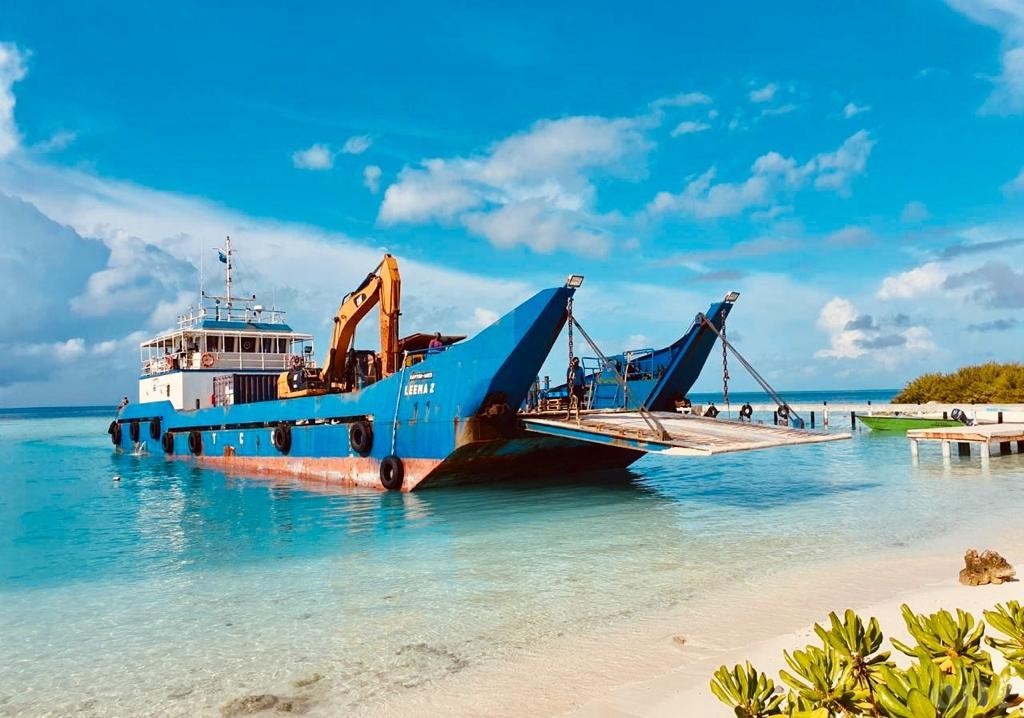Washington DC, USA – The World Bank has said that postponing large public infrastructure investments that are not urgently needed would help address Maldives fiscal and debt sustainability risks amid the Covid-19 pandemic.
In the report “Beaten or Broken? Informality and COVID-19 – South Asia country briefs” by The World Bank highlighted the impacts of Covid-19 to the South Asian countries and has given out suggestions on how governments can combat these economic challenges. The report points out that Maldives faces high public debt as it has risen further due to the pandemic as external non-concessional borrowings had gone up.
While the World Bank has said this there are a total of 1,055 projects have been budgeted for this year which total up to MVR 19,263,205,949 (USD 1,251,068,558.83). According to the governments statistics, 34 percent of these projects planning stage has been finished, 16 percent projects tendered, 18 percent projects are ongoing at the moment, 16 percent projects have been completed and 15 percent of projects are on halt due to various reasons.
The report highlights the significant widening of fiscal imbalances as well. Even though the government had collected only USD 471 million in revenues and grants from January to July which is half the amount in the corresponding period of 2019, the report indicated that there was no commensurate adjustment in spending of the government. It states that there was some degree of fiscal consolidation on the recurrent side, but however capital spending grew by 16.7 percent year on year in the first half of the year mainly due to land reclamation and harbor reconstruction projects around the country. It also highlights that total spending from January to July was only 1.2 percent less than over the same period in 2019 with an amount of USD 948 million being spent. Total public and publicly guaranteed (PPG) debt has risen to USD 4.8 billion as of end-June 2020, which a significant increase from USD 4.4 billion as of end-2019.
The report highlights the drastic drop in tourism sector and construction sector due to the pandemic which paralyzed the economy of the country. The worst hit sector of the pandemic being the tourism industry with a growth rate of -25.5 percent of the whole economy as the sector had a GVA (Gross Value Added) of MVR 91 million which is a -98.0 percent growth decline of the sector compared to the corresponding quarter of 2019. Compared to the previous quarter of this year, this is a decline of -98.2 percent for the sector.
As the Covid-19 cases started to increase within the country, specially in the capital city of Male’, the government closed off the borders on March 27 and remained closed throughout the second quarter of this year. World Bank estimates that about 22,000 locals had suffered job and/or income losses in the tourism sector directly.
World Bank has also recommended to keep remittance outflows low and also the imports to lower the current government deficit. In addition to this the World Bank highlights the importance of economic diversification through focusing on higher value-added financial and business services as the land availability of the country is limited. The Bank highlights that this would create better jobs and that the Maldives needs to invest more in human capital by retraining and upskilling the workforce to fill the capacity gaps in the economy which is a current constraint.





